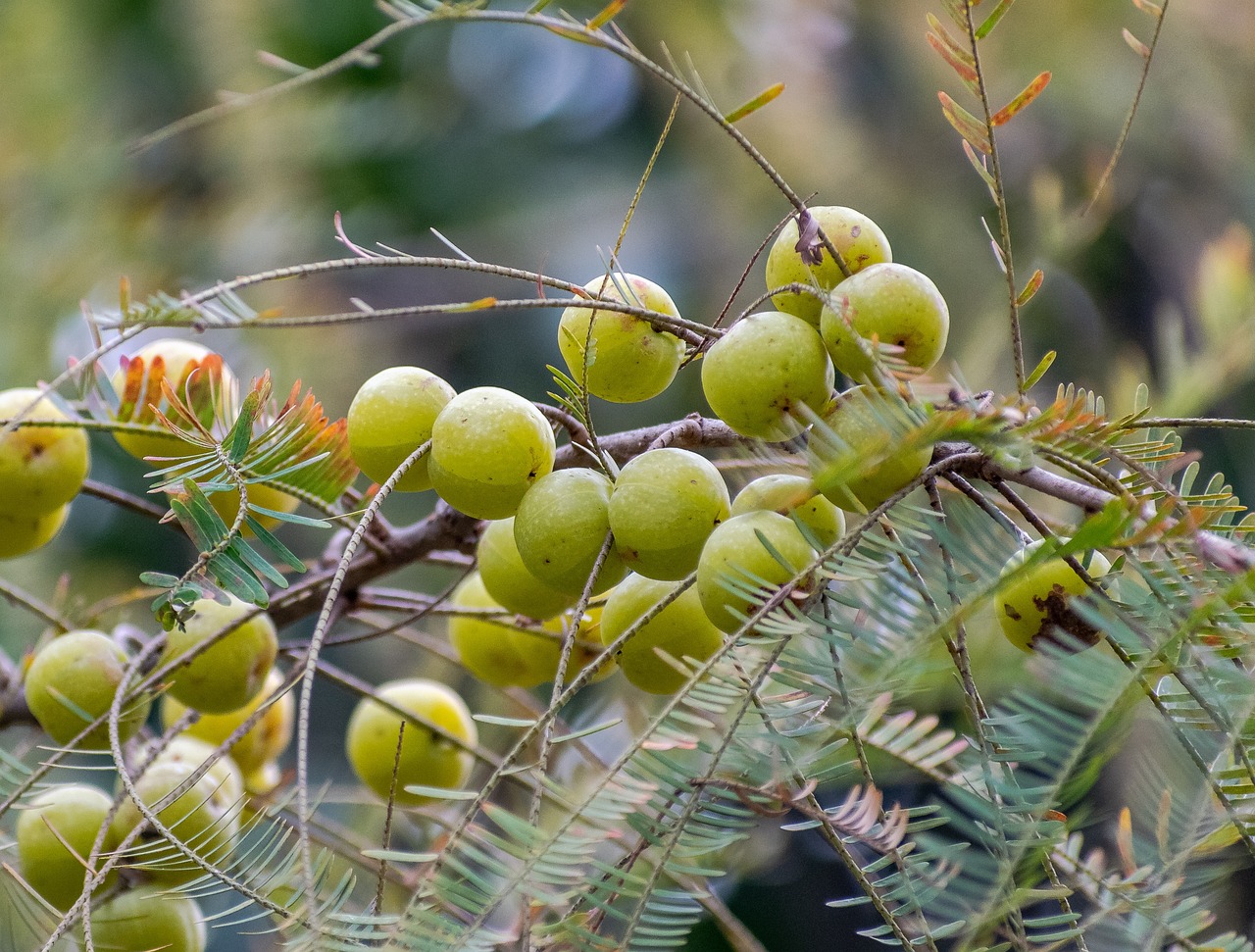Ayurveda, the ancient system of Indian medicine, emphasizes a balanced diet for overall health and vitality. For protein, Ayurveda recommends natural, easily digestible, and sattvic (pure and nourishing) sources. Here are some Ayurvedic protein-rich options:
Plant-Based Ayurvedic Protein Sources:
- Moong Dal (Green Gram):
- Highly recommended in Ayurveda for its easy digestibility and high protein content.
- Suitable for all doshas, especially beneficial for balancing Kapha and Pitta.
- Chickpeas (Chana):
- A rich source of protein and fiber.
- Ideal for building strength and balancing Kapha.
- Lentils (Masoor Dal, Toor Dal, Urad Dal):
- High in protein and suitable for various Ayurvedic dishes like soups and stews.
- Adjust spices to balance your dosha.
- Nuts and Seeds:
- Almonds, walnuts, sesame seeds, and sunflower seeds provide protein and healthy fats.
- Soak nuts overnight to make them easier to digest.
- Quinoa:
- Though not traditionally Ayurvedic, it aligns with Ayurvedic principles due to its high protein content and digestibility.
- Good for vegetarians seeking complete protein.
- Soy Products (Tofu, Tempeh):
- While soy isn’t traditionally Ayurvedic, fermented versions like tempeh can be included in moderation for their protein content.
- Amaranth (Rajgira):
- High in protein and iron, suitable for balancing Vata and Pitta doshas.
Animal-Based Ayurvedic Protein Sources:
- Milk and Dairy Products:
- Fresh, organic, and unprocessed milk, paneer (Indian cottage cheese), and yogurt are excellent protein sources.
- Ideal for Vata and Pitta types; Kapha should consume in moderation.
- Eggs:
- Considered a good source of protein but should be consumed according to dosha balance and individual digestion.
- Fish:
- Light, digestible fish like trout or salmon (if available locally) is good for Pitta and Vata types in moderation.
Ayurvedic Tips for Protein Consumption:
- Spices for Digestion: Add spices like cumin, turmeric, and ginger to aid digestion and enhance nutrient absorption.
- Balanced Meals: Combine proteins with whole grains, vegetables, and healthy fats for a complete meal.
- Mindful Eating: Eat in a calm environment and chew food thoroughly to optimize digestion.
Would you like recipes or meal ideas incorporating these Ayurvedic protein sources?


